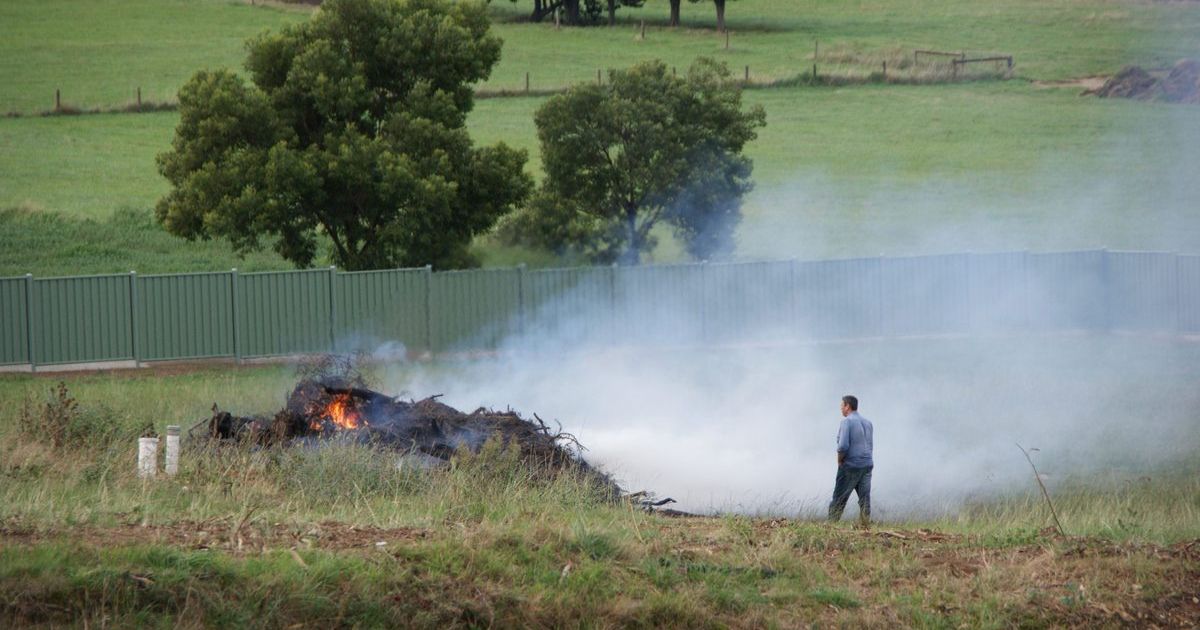New book reflects on colonial heritage
AWARD-winning Chewton-based author Bonny Cassidy will be releasing her fourth book early next month.
Her new non-fiction work Monument (with a strikethrough the title) looks at colonial family history in relation to Indigenous people occupying the same lands through the focus on her own white settler genealogy.
Cassidy said the strike-through in the title represents the “selected remembering” of national history, and how she never comes to a conclusion about monuments of colonial history.
“Something that I noticed when I was doing that genealogical research and the more broader historic and regional research was collective silence of particularly non-Indigenous Anglo-Celtic people,” she said.
“One that didn’t come up in conversation or wasn’t acknowledged in terms of commemorative days or rituals.
“When I’m talking about traditions of silence, I’m thinking about the sort of national silence, you know, the great Australian silence of discussing and addressing colonisation en masse.
“But in the book, it’s all sort of brought down to the level of specific individuals in just one family tree.”
Cassidy said the idea of a ‘monument’ for this work pertains to it in both the noun and metaphorical senses.
“There are still very few (monuments) that commemorate or ritualise inter-cultural colonial lives or encounters, and that’s certainly something that has become a really animated public conversation in the last few years,” she said.
“While we’re used to going into a country town and seeing a cenotaph to diggers, to Anzacs for example, we’re not used to driving into a town and seeing a monument that says a number of people were massacred on this spot, for example.”
At the time of writing, Cassidy said there was much debate about what to do about structures celebrating people or events while oppressing others, such as First Nations peoples.
“I find it really interesting, that tension between erasing and cancelling something, updating it reframing it, or even removing it and replacing it with a different kind of acknowledgment,” she said.
“We never talked within the family about whose country were they on, were traditional owners still there?
“What era of colonial policy was that when these people were around? Were there friendships with Indigenous people and family members? Were there working relationships?
“And so, I got really curious about how, I guess, a very ordinary story about a white non-Indigenous family history is kind of packed with all this unspoken colonial history that’s actually typical on a much bigger scale.”
Cassidy said the idea for a piece shortlisted for The Nature Conservancy’s 2023 Nature Writing Prize, A Custodial Species, was derived from the work for this book.
Monument, published by Giramondo, will be out on Thursday 1 February.


















